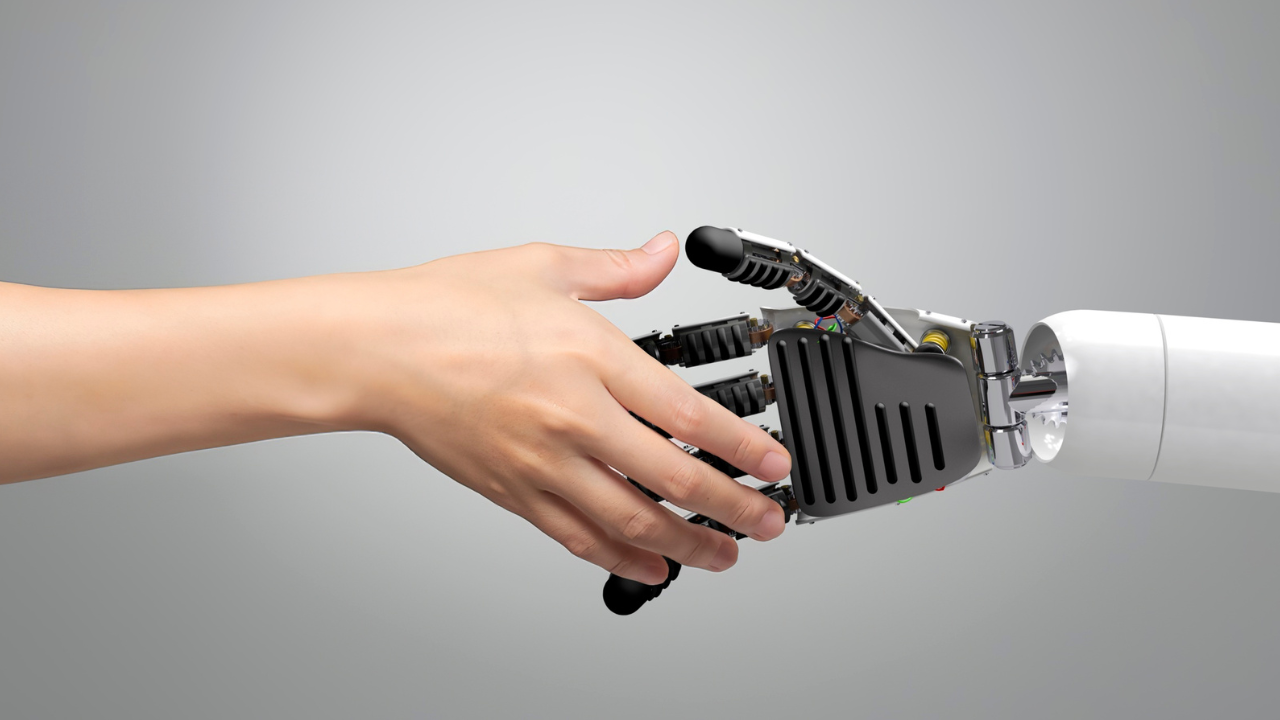
Understanding choices that shape societies and markets
Ready to Unveil the Secrets of Economics?
Do questions like “Why do prices rise?”, “Why does the exchange rate fluctuate?”, or “Why do people make certain decisions?” make you curious? If your answer is yes, then economics is the field that seeks answers to these questions. Economics examines how individuals and societies make decisions that shape their lives and how resources are allocated. This program offers a meaningful journey not only for those who enjoy working with numbers but also for those who want to understand the flow of life itself.
Who Is It For?
- Students who want to combine quantitative thinking with an understanding of human behavior
- Those who enjoy working with mathematics and statistics
- Students curious about global issues, markets, and social challenges
- Anyone who wants to develop analytical thinking and problem-solving skills
Program Structure and Courses
In Turkey, an undergraduate degree in economics typically lasts four years and blends theory with practice. Students not only gain foundational knowledge but also work on projects that address real-world problems. The program highlights courses such as microeconomics, macroeconomics, statistics and probability, econometric methods, international trade, money and banking, development economics, and behavioral economics. These courses help students develop both theoretical understanding and strong analytical skills.
What Do Graduates Do?
- Finance sector: Analysts or specialists in banks, investment firms, or insurance companies
- Public sector: Economists in ministries, planning agencies, or government institutions
- Consulting: Analysts or advisors in strategy and management consulting firms
- Research and academia: Researchers in universities or think tanks
- Private sector: Roles in market research, data analysis, or business development
Admission Requirements
In Turkey, economics departments generally accept students through the Equal Weight (EA) track, which balances mathematics and verbal skills.
Why Choose This Program?
- You gain insight into how the economy works and contribute to solving societal challenges.
- You develop strong analytical and critical thinking skills.
- You access diverse career opportunities in finance, public institutions, consulting, and research.
- You better understand global economic trends and how they shape the world.
- You position yourself in future-focused areas such as sustainability, development, and digital transformation.
How Do AI Developments Impact Economics?
Artificial intelligence is reshaping the way economists work. For students planning to study economics and graduates stepping into the workforce, here are the key impacts:
- Data Analysis: Large datasets can now be examined faster and more accurately. Economists can make more precise predictions about markets using AI tools.
- Research and Decision-Making: AI makes it easier to build economic models and test scenarios, providing policymakers with stronger tools.
- Financial Technologies (FinTech): Economics graduates can enter new fields by using AI-driven applications in banking and investment. See our blog post for Fintech: Link
- Career Profiles: Routine calculations and simple analyses are increasingly automated, while expertise in data science, algorithms, and tech-integrated economic analysis becomes more valuable.
- New Skills: Proficiency in advanced statistics, data visualization, and programming languages such as Python or R is becoming essential for economics graduates.
In short, AI is not replacing economists—it is enabling them to focus more on creative, analytical, and strategic roles.



